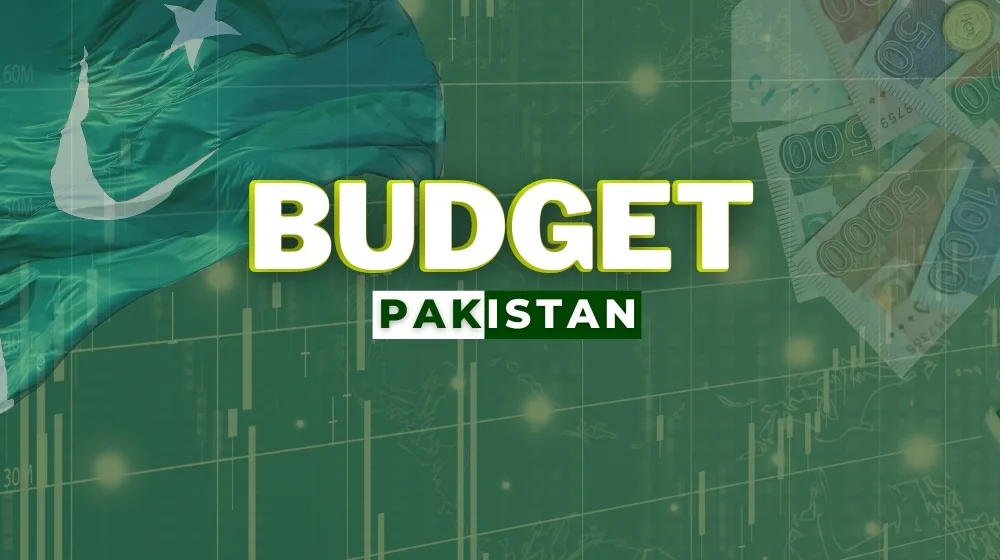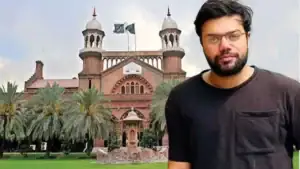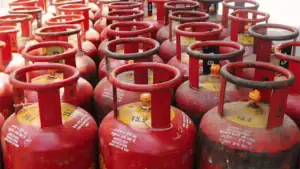ISLAMABAD, May 27, 2025: Steel and ceramics sectors push back on tariff cuts, citing surging costs and import threats. With 60% of steel units shut, leaders call for 50% protection and business-friendly reforms before liberalization.
READ MORE: Defence Budget In Spotlight: Finance Minister Weighs In
These concerns were raised during Federal Finance Minister Muhammad Aurangzeb’s meetings today with a delegation of the Pakistan Association of Large Steel Producers (PALSP) and a delegation of the All-Pakistan Ceramic Tiles Manufacturers Association (APCTMA) at the Finance Division.
STEEL INDUSTRY’S WOES COMMUNICATED
The PALSP delegation raised critical challenges facing the steel industry, including high energy costs, regulatory inconsistencies, and the need for a stable policy environment to ensure long-term investment and growth. They also highlighted the impact of taxation policies on formal businesses and sought government support to level the playing field.
Finance Minister Aurangzeb acknowledged the industry’s concerns and reiterated the government’s commitment to supporting productive sectors of the economy. He noted that the steel sector plays a pivotal role in infrastructure development and job creation, and assured the delegation that their input would be factored into ongoing budgetary meetings and policy discussions.
He said that Pakistan’s economic revival requires collective responsibility. “Every sector has to play its role in stabilising and growing the economy. We cannot allow the burden to fall solely on the formal sector and the salaried class,” he added.
The finance minister said that the government is pursuing a broad-based strategy to expand the tax base, reduce reliance on over-taxed segments, and bring the undocumented economy into the fold.
CERAMIC INDUSTRY HIGHLIGHTS FDI
The APCTMA delegation shared a detailed industry brief, noting that the current installed tile manufacturing capacity in Pakistan stands at approximately 560,000 square meters per day, backed by over Rs 100 billion in investments – nearly 60% of which is foreign direct investment from China. The industry has made remarkable strides in localization, reducing its import dependency from 74% to just 4%, and now relying almost entirely on local raw materials and labour, the delegation informed the finance minister. They also shared targets of bringing this figure down to 1% in the near future, making ceramic manufacturing a leading example of indigenous industrial capability.
“Industries like ceramics demonstrate that with the right policy support, Pakistani manufacturing can match international standards,” Finance Minister Aurangzeb stated.
Discussions also covered key reform areas including energy sector reforms and the government’s efforts in improving ease of doing business. The finance minister assured the delegation that reforms in the energy sector are a top policy priority, and the government is working on a series of measures aimed at improving affordability, ensuring reliability, and moving towards a more efficient and targeted energy pricing structure.
READ MORE: Punjab Finance Dept recommends Development Budget of Rs 1,100-1,200 Billion
The minister also underlined that the government is committed to shifting the tax burden away from the already compliant formal sector and salaried class towards segments of the economy that have so far remained undocumented or under-taxed.









